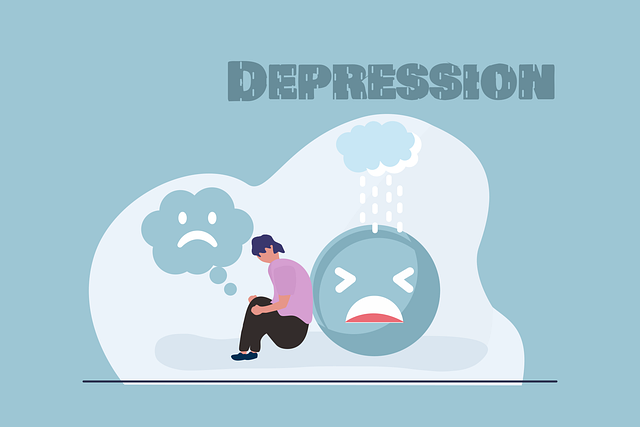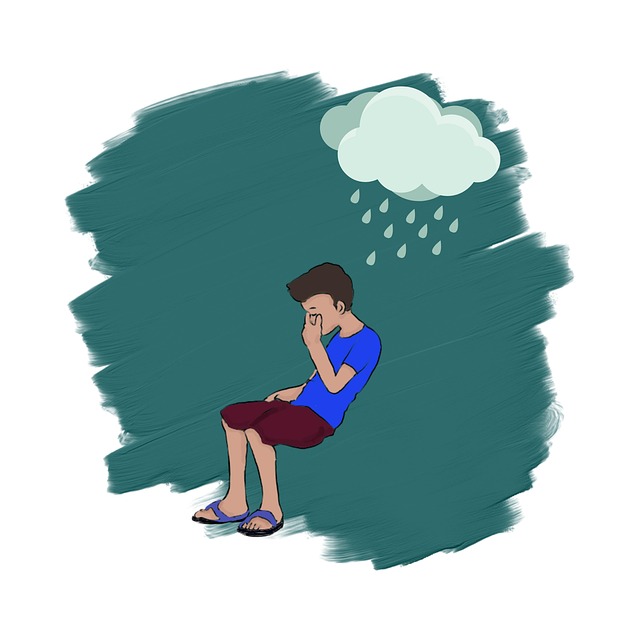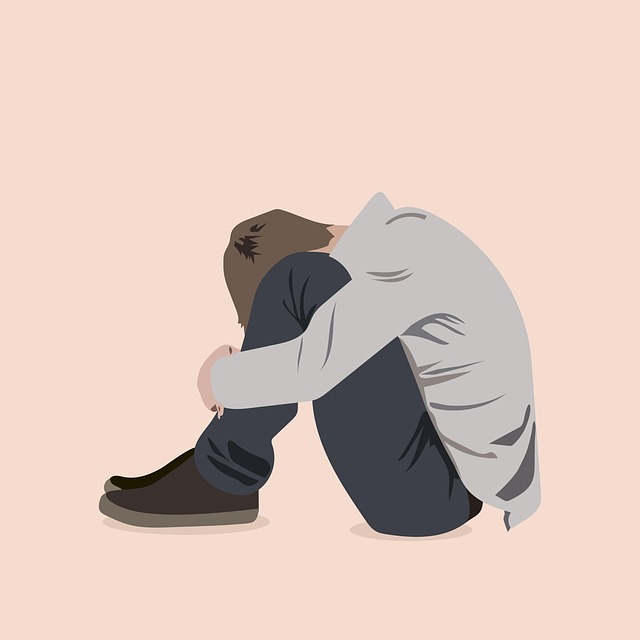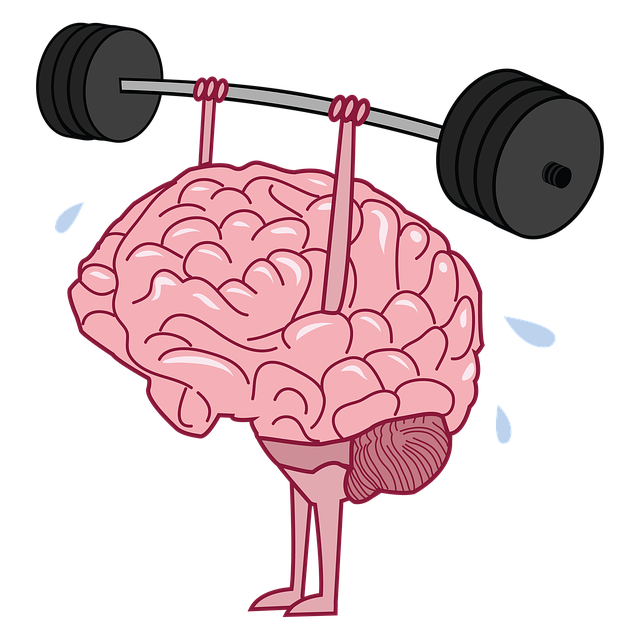Burnout among healthcare providers in Colorado Springs Chronic Illness Therapy settings is a significant issue driven by long hours, heavy caseloads, and cultural diversity challenges. To combat this, focusing on Cultural Sensitivity and implementing Empathy Building Strategies is crucial for preserving provider well-being and maintaining care quality. Colorado Springs Chronic Illness Therapy centers advocate for a holistic approach emphasizing work-life balance, self-care routines, emotional intelligence, and staff support groups to prevent burnout. This comprehensive strategy fosters a supportive environment that strengthens organizational network, boosts morale, and enhances job satisfaction.
In the heart of Colorado Springs, chronic illness therapy settings face a growing challenge: healthcare provider burnout. This article delves into understanding this pervasive issue and offers actionable strategies for prevention. We explore effective ways to promote work-life balance, foster supportive environments, and mitigate burnout among professionals in these critical care settings. By implementing these measures, healthcare facilities in Colorado Springs can enhance therapist resilience and ultimately improve patient outcomes.
- Understanding Burnout Among Healthcare Providers in Colorado Springs Chronic Illness Therapy Settings
- Implementing Effective Strategies for Burnout Prevention and Work-Life Balance
- Fostering a Supportive Environment to Combat Burnout in Healthcare Professionals
Understanding Burnout Among Healthcare Providers in Colorado Springs Chronic Illness Therapy Settings

In Colorado Springs Chronic Illness Therapy settings, burnout among healthcare providers is a pressing concern. The demanding nature of caring for patients with complex chronic conditions can lead to emotional exhaustion, depersonalization, and a diminished sense of personal accomplishment—the hallmarks of professional burnout. This phenomenon is further exacerbated by long work hours, heavy caseloads, and the unique challenges presented by cultural diversity in the region. Colorado Springs, known for its vibrant multicultural community, necessitates an emphasis on Cultural Sensitivity in Mental Healthcare Practice.
Understanding burnout requires recognizing the intricate interplay between workload, personal values, and support systems. Providers in these settings often juggle demanding patient care with administrative tasks, leaving little time for self-care or professional rejuvenation. As a result, they may struggle to maintain Empathy Building Strategies that are crucial for effective therapy. Implementing targeted burnout prevention strategies is essential to ensure the well-being of healthcare providers and, consequently, the quality of care offered at Colorado Springs Chronic Illness Therapy centers.
Implementing Effective Strategies for Burnout Prevention and Work-Life Balance

In the competitive landscape of healthcare, preventing burnout among providers is a strategic necessity. Implementing effective strategies requires a holistic approach that addresses both professional and personal aspects of well-being. Colorado Springs Chronic Illness Therapy emphasizes the importance of work-life balance as a foundational element in combating burnout. This involves encouraging healthcare professionals to prioritize self-care routine development for better mental health, ensuring they allocate time for activities unrelated to work.
Emotional intelligence and empathy building strategies play a pivotal role in creating supportive environments. By fostering emotional awareness and understanding among colleagues, healthcare facilities can enhance team dynamics, reduce stress levels, and promote a sense of community. These initiatives complement self-care practices, providing professionals with the tools and support needed to navigate demanding work schedules while maintaining optimal mental health.
Fostering a Supportive Environment to Combat Burnout in Healthcare Professionals

In the fast-paced and demanding healthcare sector, creating a supportive environment is paramount to preventing professional burnout. Colorado Springs Chronic Illness Therapy centers can play a pivotal role in this regard by fostering a culture that prioritizes mental wellness alongside physical health. Through various initiatives such as regular staff support groups, peer mentorship programs, and Mental Illness Stigma Reduction Efforts, healthcare professionals can find safe spaces to share experiences, offer encouragement, and seek assistance without fear of judgment. This collective approach not only strengthens the support network within the organization but also enhances overall morale and job satisfaction.
Inner Strength Development and Mental Wellness Coaching Programs can be integral components of this supportive environment. By offering coaching services tailored to individual needs, healthcare providers can learn effective stress management techniques, improve coping mechanisms, and develop a stronger sense of resilience. These programs not only help professionals navigate the challenges of their roles but also encourage them to prioritize their mental health, thereby reducing the risk of burnout and promoting long-term well-being.
Healthcare provider burnout is a growing concern within Colorado Springs chronic illness therapy settings, but proactive strategies can make a significant difference. By implementing effective prevention tactics and fostering supportive environments, we can enhance work-life balance for healthcare professionals. These measures include promoting open communication, encouraging self-care practices, and cultivating a collaborative culture that values every team member’s well-being. Through these efforts, Colorado Springs chronic illness therapy facilities can create a more sustainable and fulfilling work environment, ultimately improving patient care.














